See PFP135.
An article about the recent PFS Tenth Annual Meeting (the final list of speakers and program may be found here) is available in “Wirtschaftswoche” (Germany’s version of Business week): Anarcho-Kapitalismus: Freiheit statt Demokratie (Sept. 27, 2015).
If any enterprising PFSer would like to provide an English translation of this article, please email me ([email protected]).
Other news about PFS in the press may be found here.
The 2015 Annual Meeting has just concluded. The final list of speakers and program may be found here. Media of the proceedings will be released in due course.
Initial reports on the 2015 meeting are already rolling in: Sebastian Ortiz reviews PFS 2015, Libertarian Alliance (19 Sept. 2015) and LA Podcast: The Property and Freedom Society (2015 – Tenth Anniversary), X (20 Sept. 2015). For reports on earlier meetings, see our Press page.
The 2016 Annual Meeting of the PFS will be held from Thursday, September 1, 2016, to Tuesday, September 6, 2016, in Bodrum, Turkey, at the Hotel Karia Princess. (N.B. the meeting will be held slightly earlier than in recent years, in order not to conflict with a major moving Muslim holiday.) Those interested in attending should contact Dr. Hoppe or Mr. Jay Baykal ([email protected]) (Administrative Secretary/Membership), regarding conditions, availability, and requirements. Information about the speakers and topics for the 2016 meeting will be released in due course.
The Tenth Annual Meeting of the PFS has just concluded—the most spectacular PFS Annual Meeting to-date. Video of the lectures, photographs, and information about the PFS 2016 Annual Meeting will be provided presently.
Here is the program and list of speakers for the Tenth Annual Meeting. Information about the 2016 meeting will be available in due course.
Łukasz Dominiak is an adjunct scholar at Nicolaus Copernicus University in Poland, and a student of political philosophy. His research as a Summer Fellow at the Mises Institute involves the cultural aspects of a libertarian legal system, with an emphasis on the works of Hans-Hermann Hoppe.
Thorsten Polleit’s speech for the 2014 Annual Meeting is now available (see below). For others, see the links in the Program, or the PFS YouTube channel. Other speeches will be uploaded presently.
Gerard Casey’s speech for the 2014 Annual Meeting is now available (see below). For others, see the links in the Program, or the PFS YouTube channel. Other speeches will be uploaded presently.





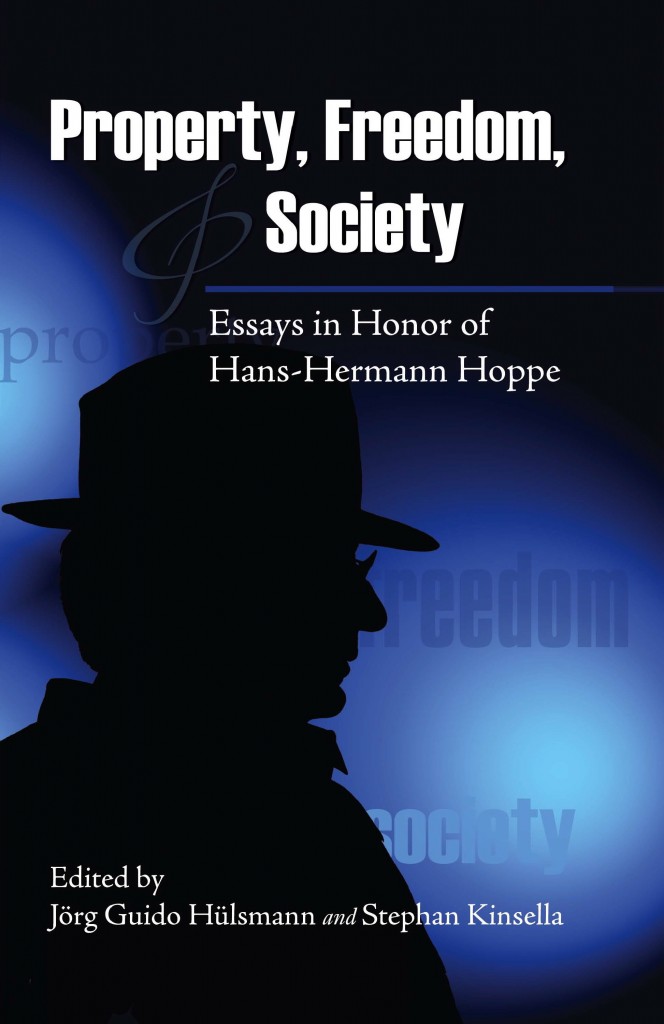
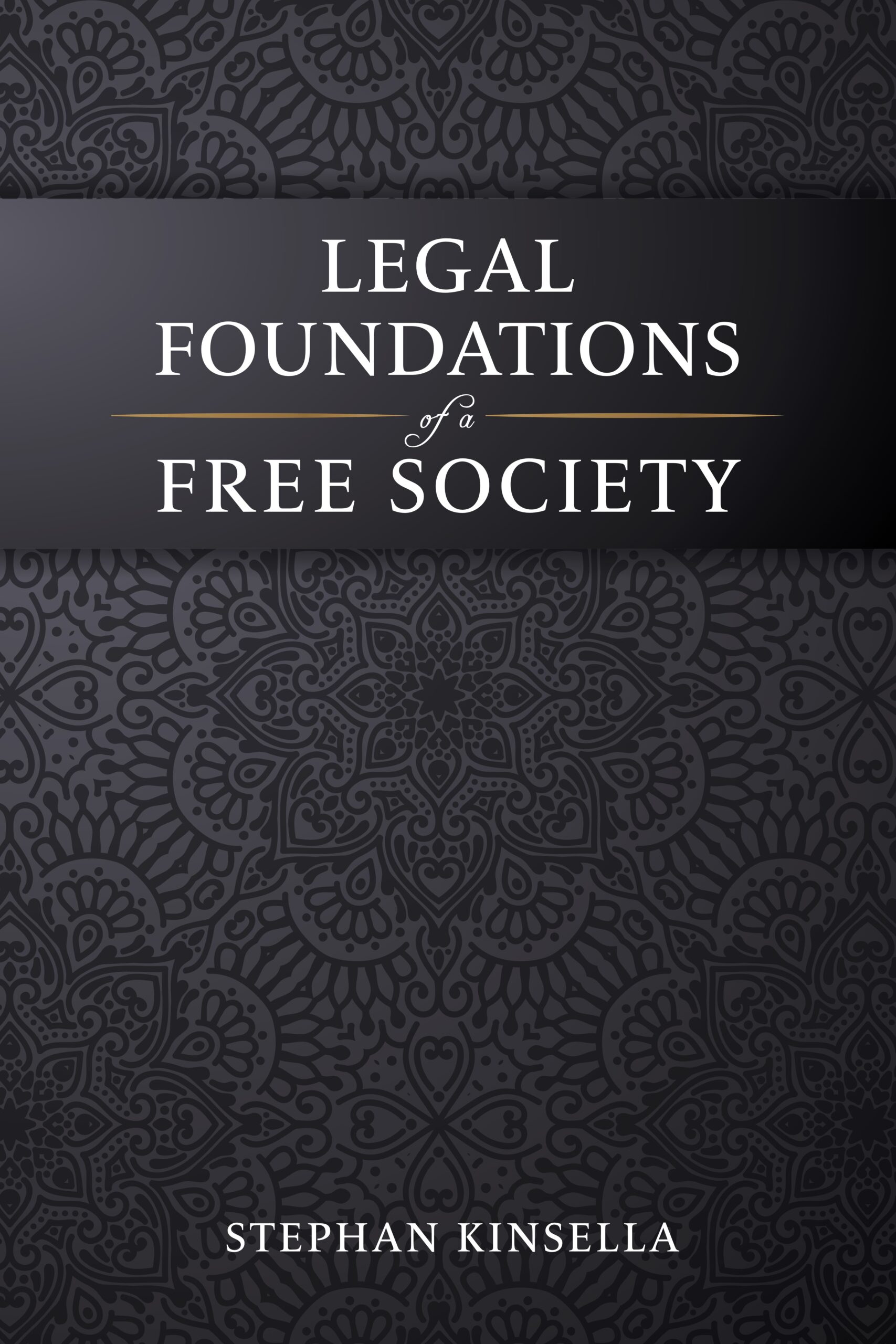





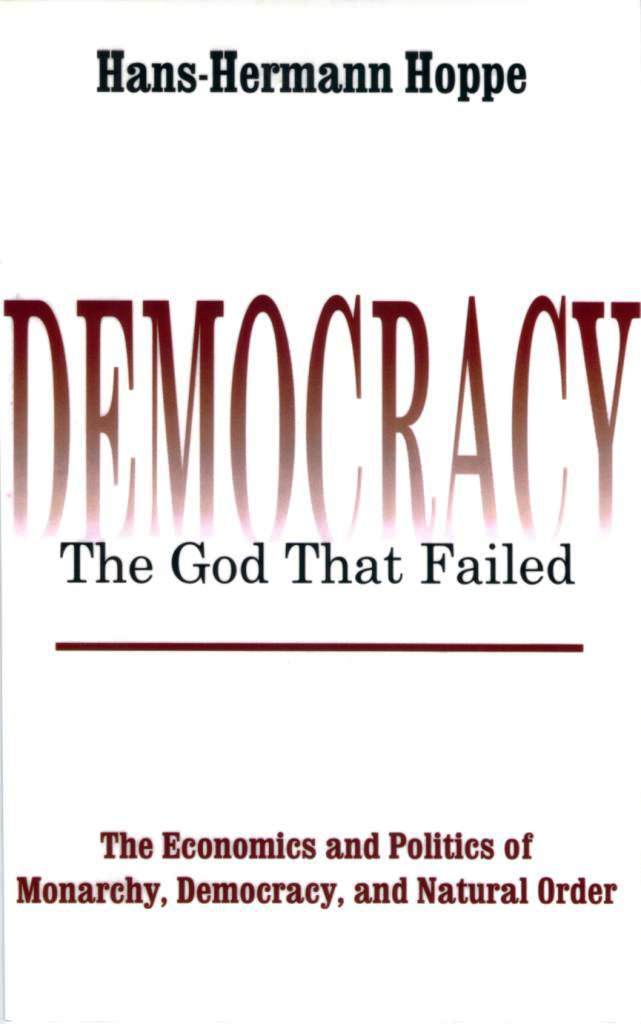


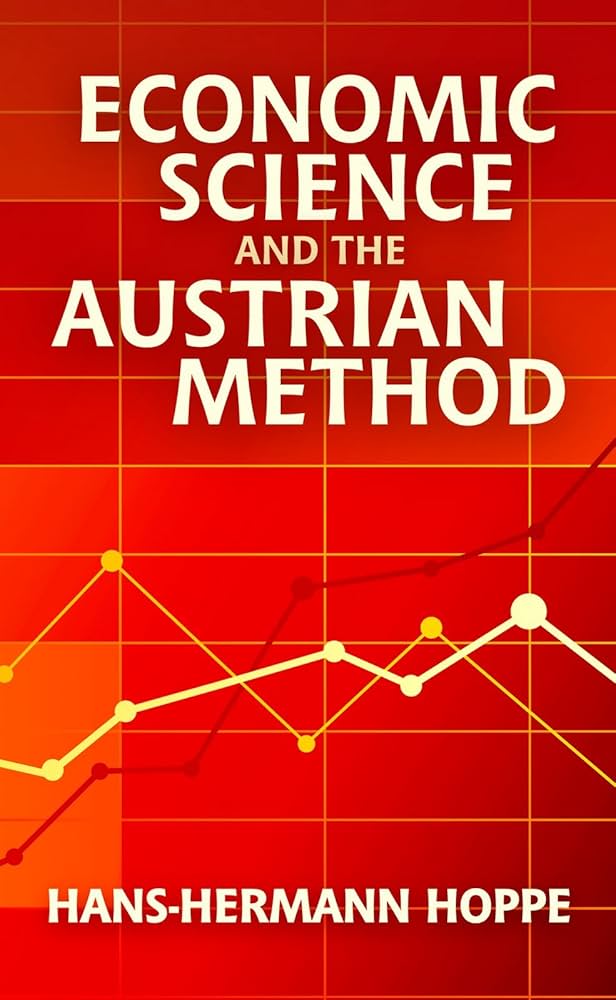
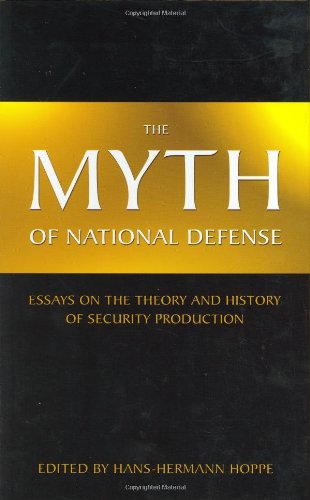
Follow Us!